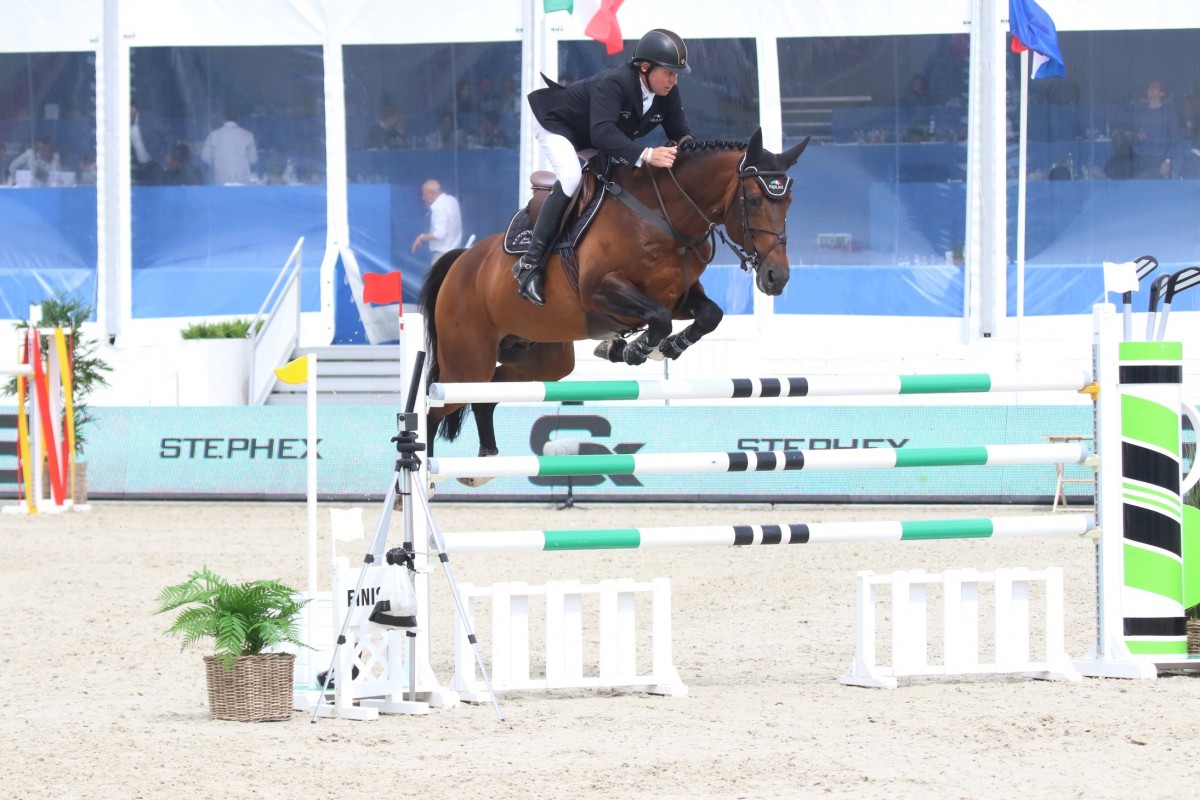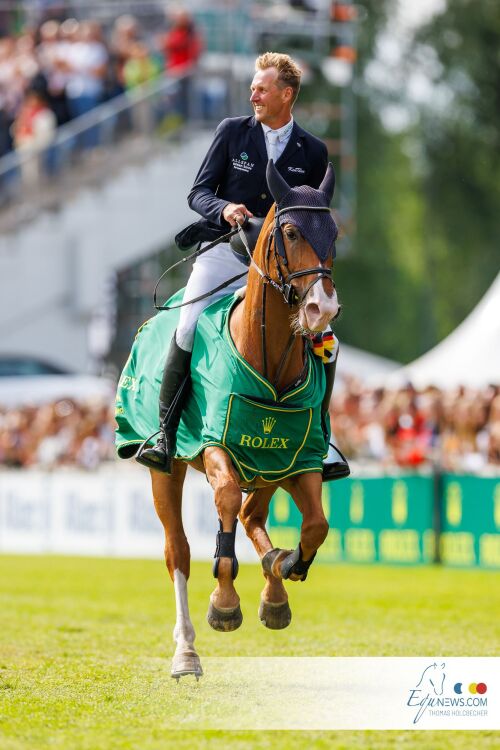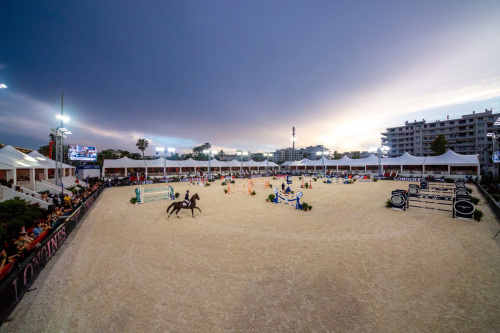The International Jumping Riders Club (IJRC) is asking the Federation Equestre Internationale (FEI) to allow former elite level riders to sit with the ground jury in an advisory capacity at championships and Olympic Games.
This unprecedented request results from serious concerns over the new “elimination” rule which enables a sole judge to eliminate a horse or rider who appear in difficulty during their round.
The elimination is unappealable, yet its split-second subjectivity could result in career-changing outcomes for riders and national teams. This is of particular concern to the IJRC this season, when many have their last available qualifying opportunities for Paris 2024, and for at Olympic Games itself, where there is no drop-score.
The new FEI jumping rule applied from January 1.
It reads: Article 241.4, ELIMINATIONS
“The President of the Ground Jury (or in the absence of the President of the Ground Jury from the Ground Jury box, the Ground Jury Member designated by the President of the Ground Jury to take over the running of the Competition in their absence) may, in their sole discretion, ring the bell (or instruct another Ground Jury member to ring the bell) to eliminate an Athlete/Horse combination while a round is ongoing if the President of the Ground Jury (or their designee) decides that it would be contrary to the principles of horse welfare to allow the combination to continue the round. The decision to eliminate is final and not subject to appeal or protest.”
In addition to introducing an advisory panel, the IJRC also requests the FEI replace the sentence “that it would be contrary to the principles of horse welfare” with the words “for the safety of horse and rider.”
The current wording could mislead the general public about the reason for elimination and thereby subject the rider to unjustified criticism on social media.
During the FEI’s rules consultation period last year, the IJRC proposed amendments to mitigate its greatest concerns about Article 241.4, including allowing a right of appeal. But they were not adopted. The rule as originally worded was approved by the 2022 FEI General Assembly in Cape Town on November 13. Not surprisingly, the new rule was intensely debated at the IJRC’s own General Assembly in Geneva on December 9.
Riders understood that this rule results from the growing pressure of “social licence” and the potential pushback from the non-equestrian public when negative images circulate on social media. However, the scenarios that could be eliminated remain undefined in Article 241.4.
During the Geneva debate, numerous Olympians noted that horses could be eliminated by judges who have not ridden at top level for decades. Some may no longer have the practical “feel” to decide, on the spot, the real reason for an awkward-looking jumping effort. Does it result from over-facing a horse and rider of limited ability, or is it an isolated incident that is part of the normal learning curve of a young horse in expert hands?
Nick Skelton shares opinion
The advisory panel proposal and requested re-wording of Article 241.4 were both put forward by 2016 Olympic champion Nick Skelton.
Nick says: “There are many recently retired top riders like me who are at all the major shows. Our experience is there to be utilized. Motorsport already makes use of its ex-drivers’ expertise in this way. “If a horse is taken out of the arena swiftly after having a bad jump early on, you’ll never know if he could have gained in confidence during the rest of his round and finished well. That is a training setback and a conflict with the basics of good horsemanship. Nowadays we tread a fine line, but we must educate the public while being conscious of its growing role in equestrianism’s social licence to operate.”
FEI rules are only usually amended during the annual rules revision process. However, the IJRC believes that this situation warrants immediate action by the FEI board, before European Show Jumping Championships in Milan (August 29-September 3) but, at the absolute latest by January 1, 2024, Olympic year.
source: press release



